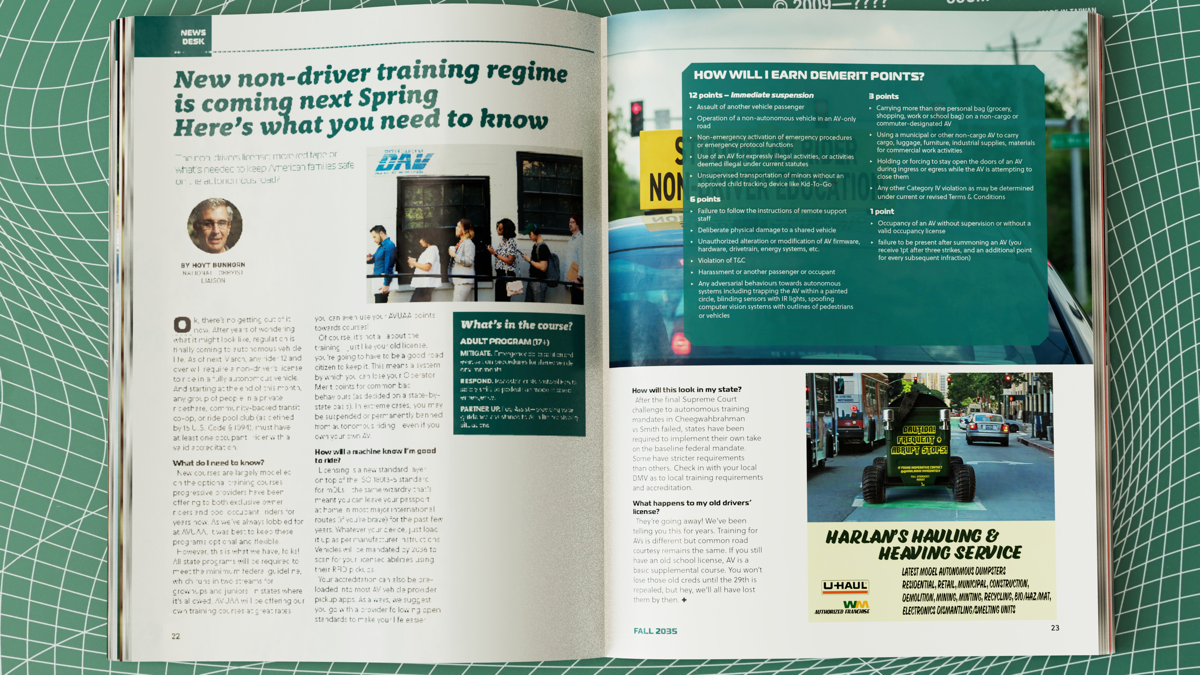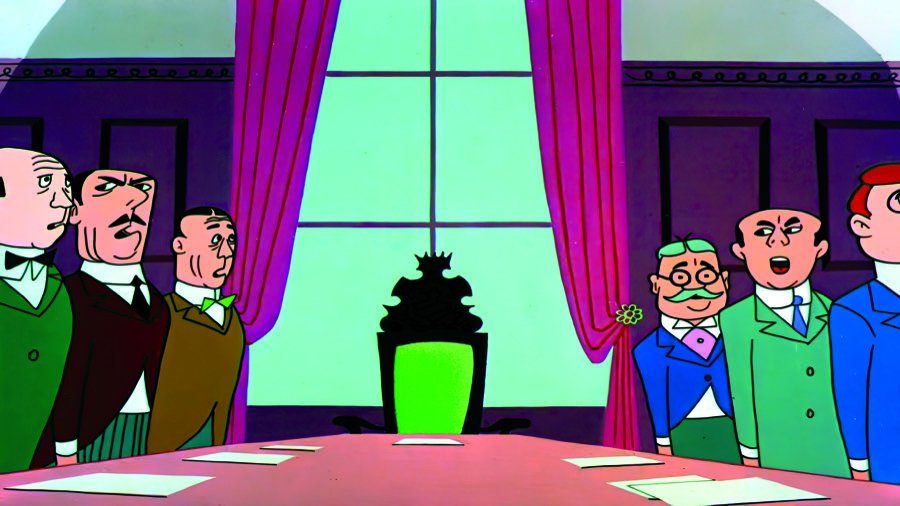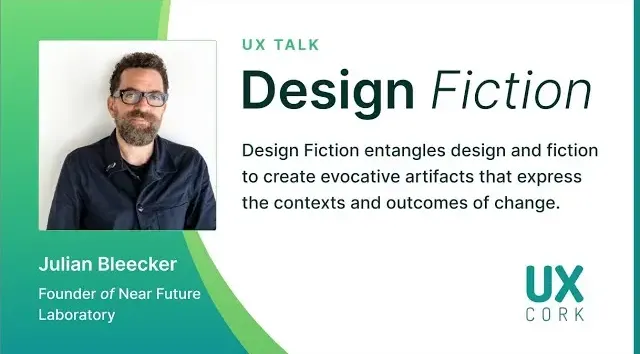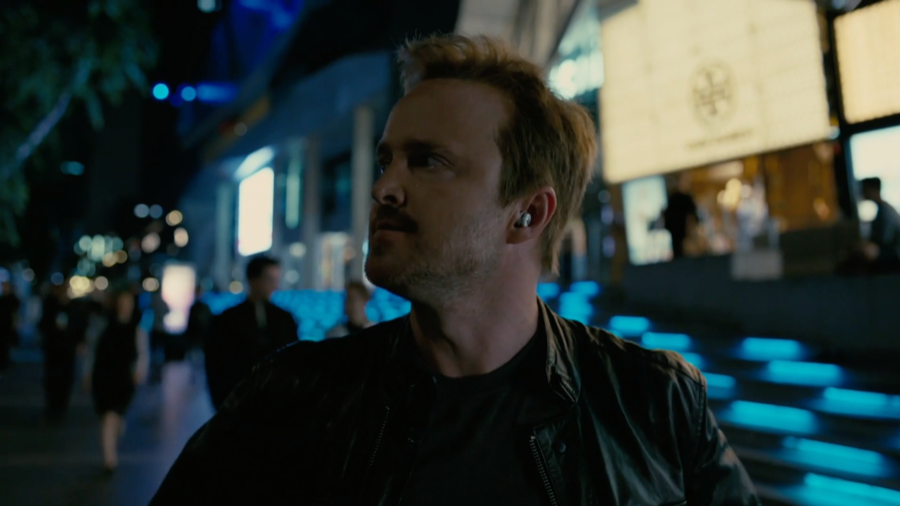Near Future Laboratory Blog
Thoughts, Reflections, Updates & Week Notes
Jan 29, 2021 – Apr 28, 2023
w5/w13/w15/w16/w17/w28/w50/ 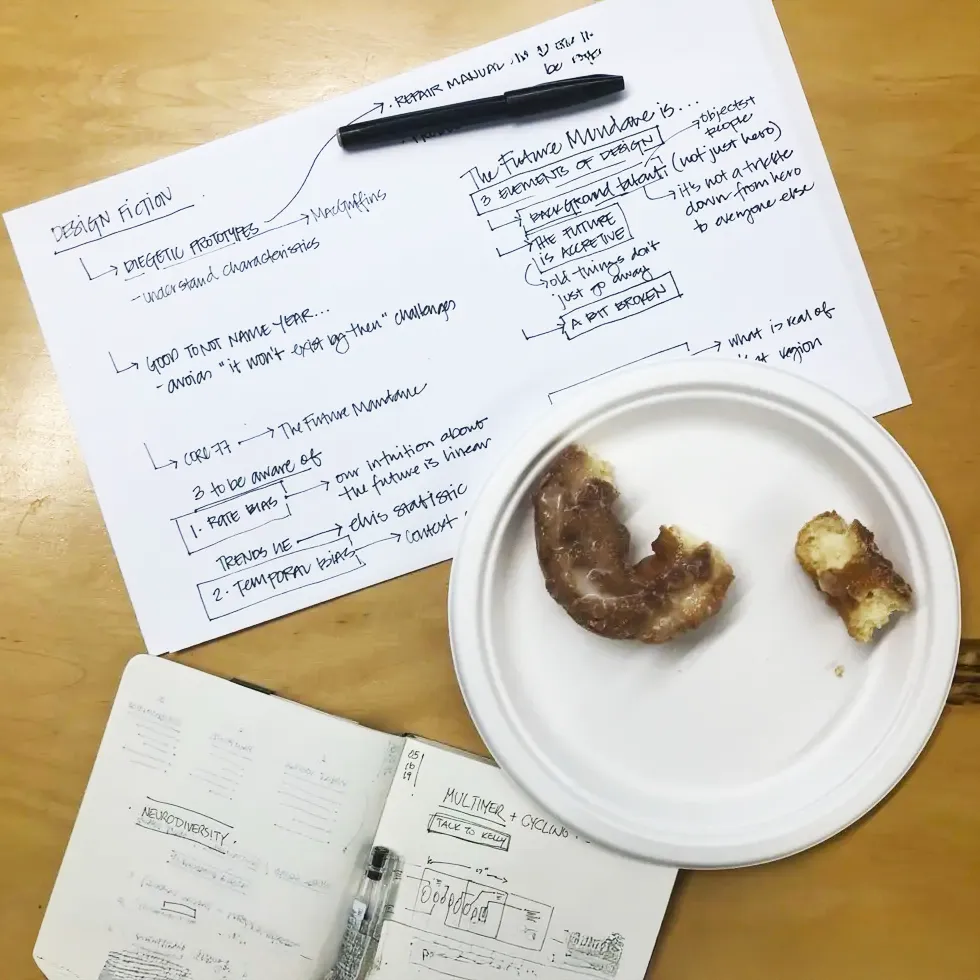
Apr 28, 2023
The Future Mundane concept is a valuable transformation as to how we think about possiblity and possible futures by emphasizing the normal, ordinary, everyday aspects of life that are often overlooked in traditional grand-scale future visions. Unlike these glossy utopian projections, the Future Mundane has us imagine into a future that is relatable and rooted in the familiar rhythms of daily life. By doing so, it creates a bridge between where we are now and where we could be, making future scenarios more attainable and actionable.
future mundanedesign fiction
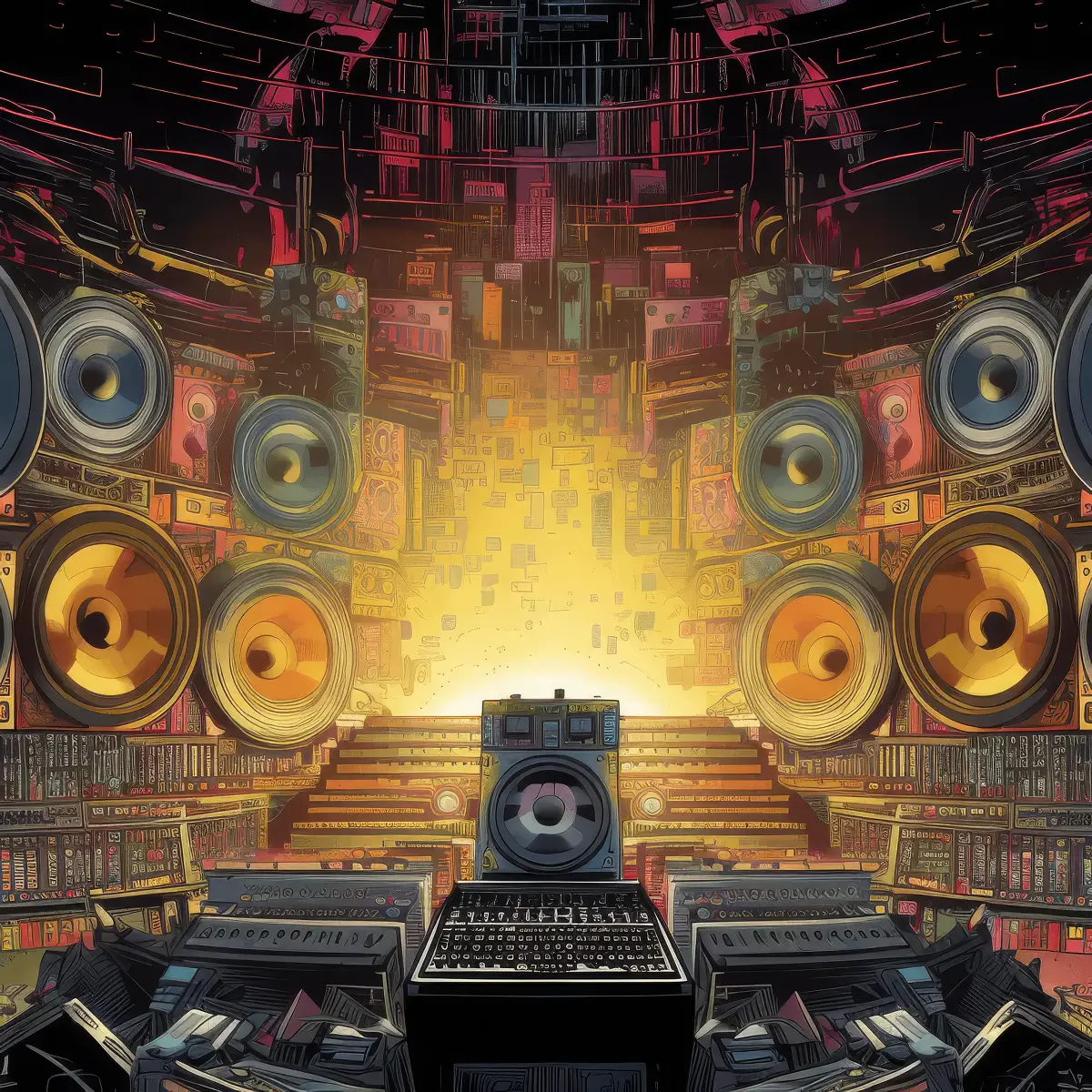
Apr 08, 2023
In this episode of 'The Futurists,' co-hosts Brett King and Rob Tercik discuss with Julian Bleecker, co-founder of Near Future Laboratory, his unique approach called 'Design Fiction.' They explore the imaginative process of depicting future scenarios through objects, advertisements, and everyday experiences, akin to archeological finds from the future. The conversation delves into the intriguing aspects of AI, social impacts, and the transformative potential of technologies like psychotropics and blockchain. Julian also shares insights into his past work with Nokia and the relevance of iconic brands like IKEA in envisioning future products.
podcastdesign fiction
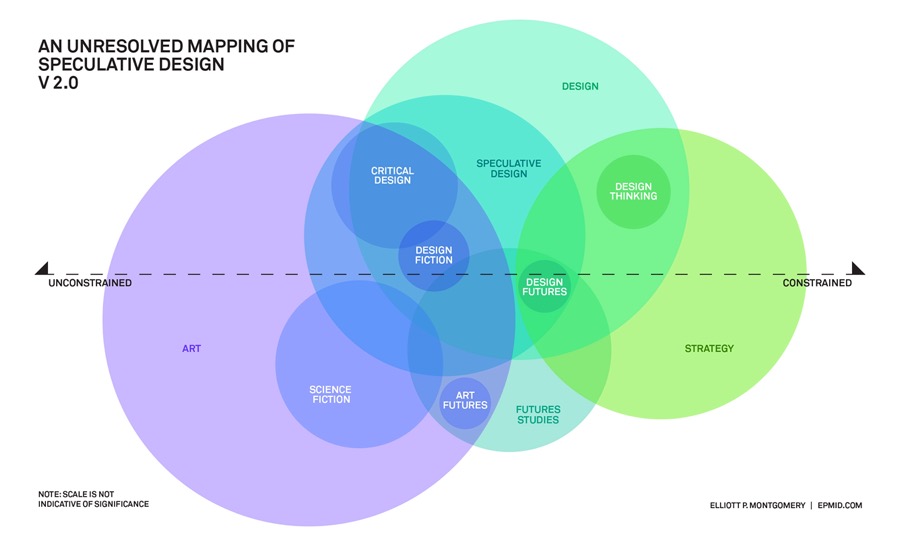
Jul 04, 2022
I describe the essence of design fiction through an exploration of material culture as a lens for envisioning future possibilities. This short essay delves into how everyday objects, from breakfast cereal to speculative artifacts, serve as powerful tools for understanding potential future scenarios without resorting to grandiose predictions. Learn how design fiction creates a bridge between tangible objects and speculative futures, inviting deeper reflection on the implications of emerging technologies and societal trends. Much of this forms the basis for my book It's time to Imagine Harder
Design Fiction

Dec 07, 2021
Human imagination has a unique role in envisioning change and different futures. Imagination is what takes us from status quo to unexpected beauty and visionary opportunities.
I once heard — so it’s hearsay and anecdotal, but maybe useful as a provocation — that one of the unique qualities of human consciousness is an ability to imagine as if things were otherwise, or other than things are. That is, we have a unique ability to imagine change.
Is that true? Is it unique? Or is it hubris, because a human is likely the agent that said, or wrote such a thing? It certainly is self-satisfying to imagine that we’re a species, and uniquely advantaged over all the other species.
I once heard — so it’s hearsay and anecdotal, but maybe useful as a provocation — that one of the unique qualities of human consciousness is an ability to imagine as if things were otherwise, or other than things are. That is, we have a unique ability to imagine change.
Is that true? Is it unique? Or is it hubris, because a human is likely the agent that said, or wrote such a thing? It certainly is self-satisfying to imagine that we’re a species, and uniquely advantaged over all the other species.
design fictionimagination
